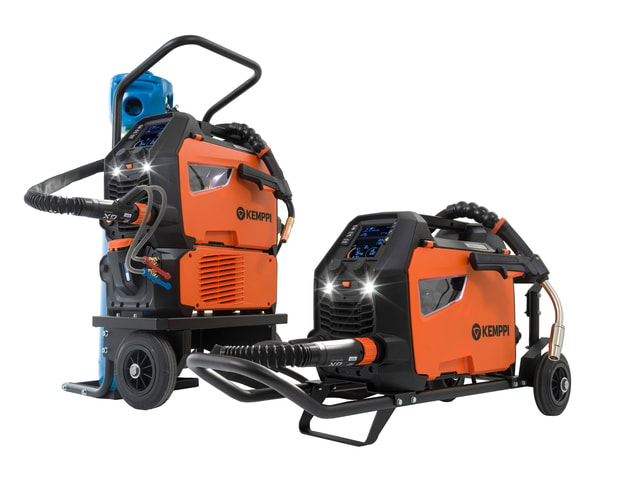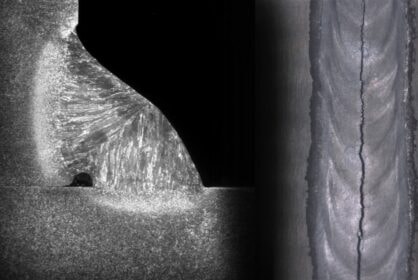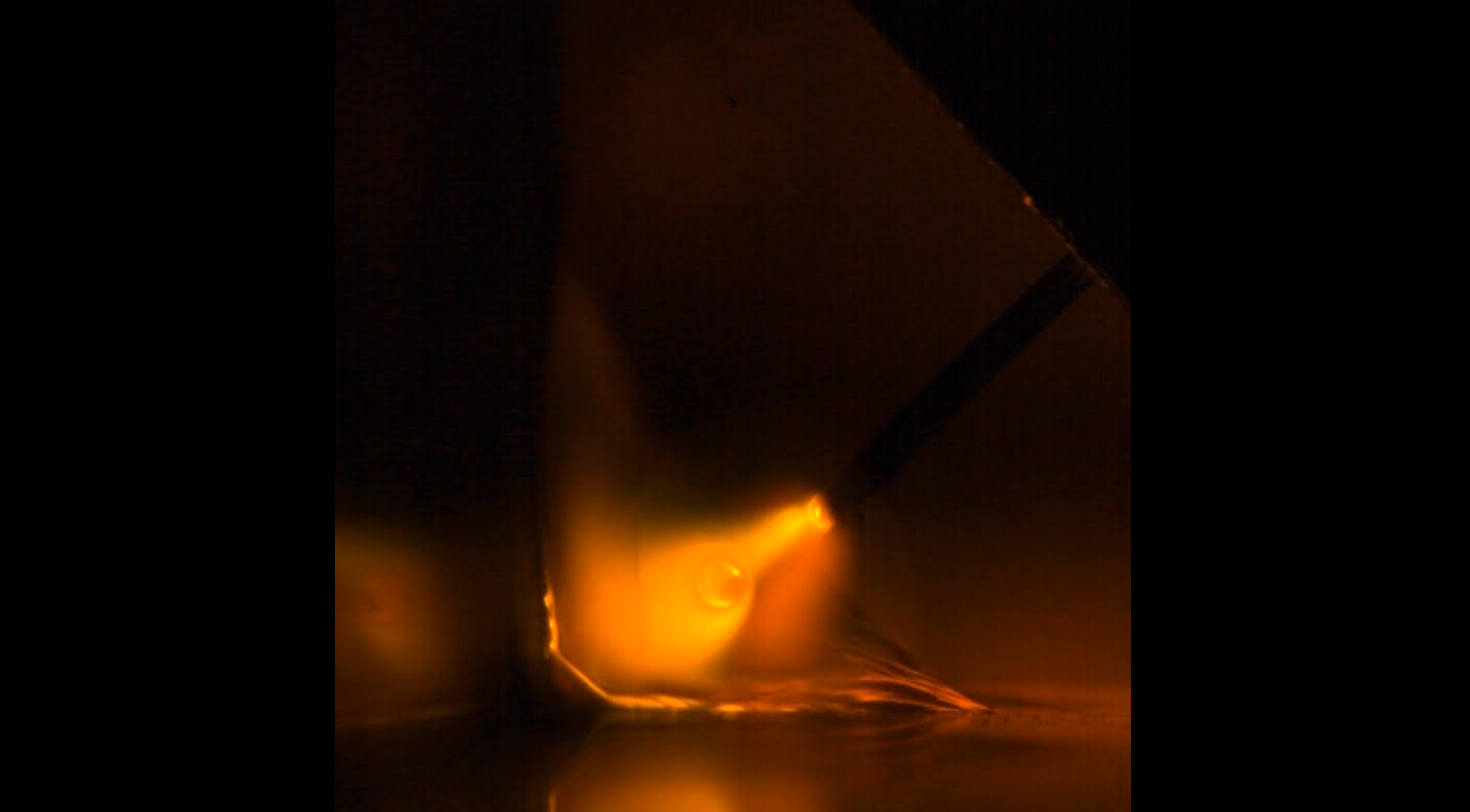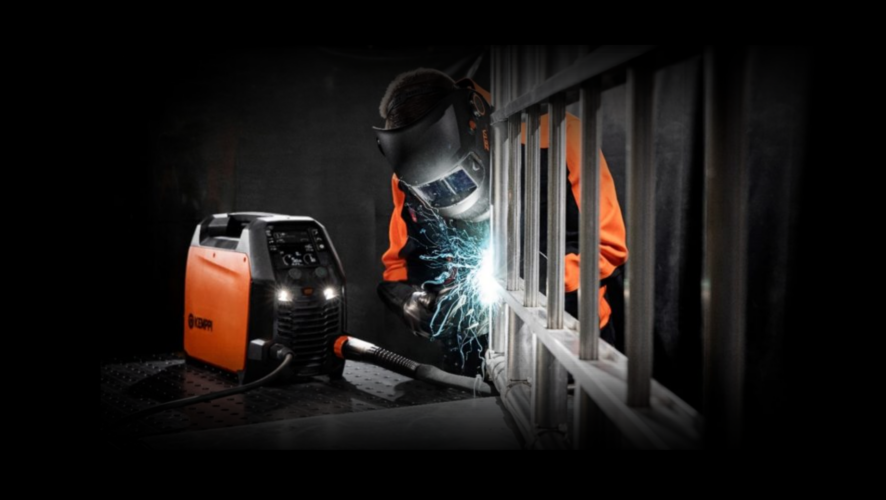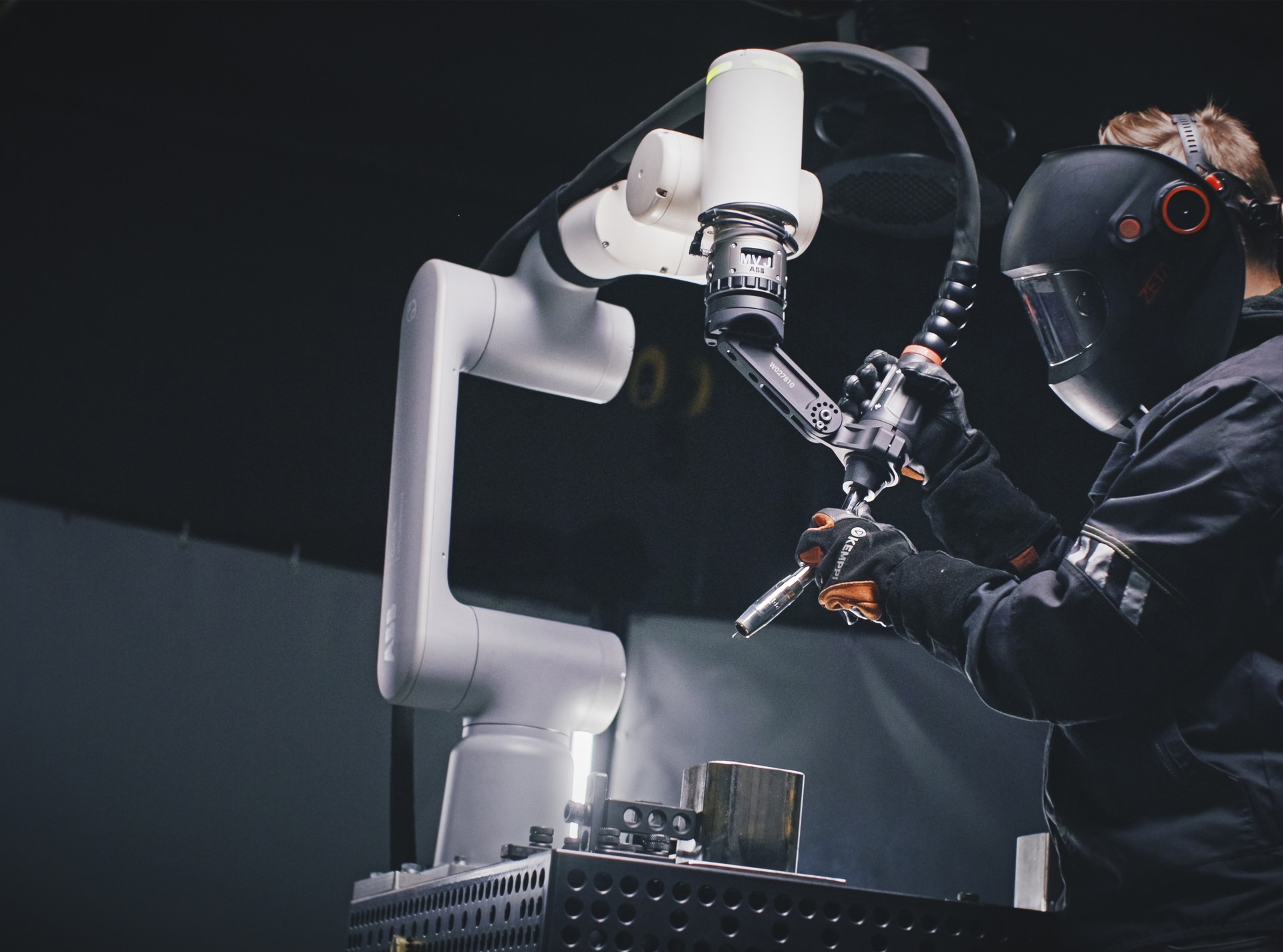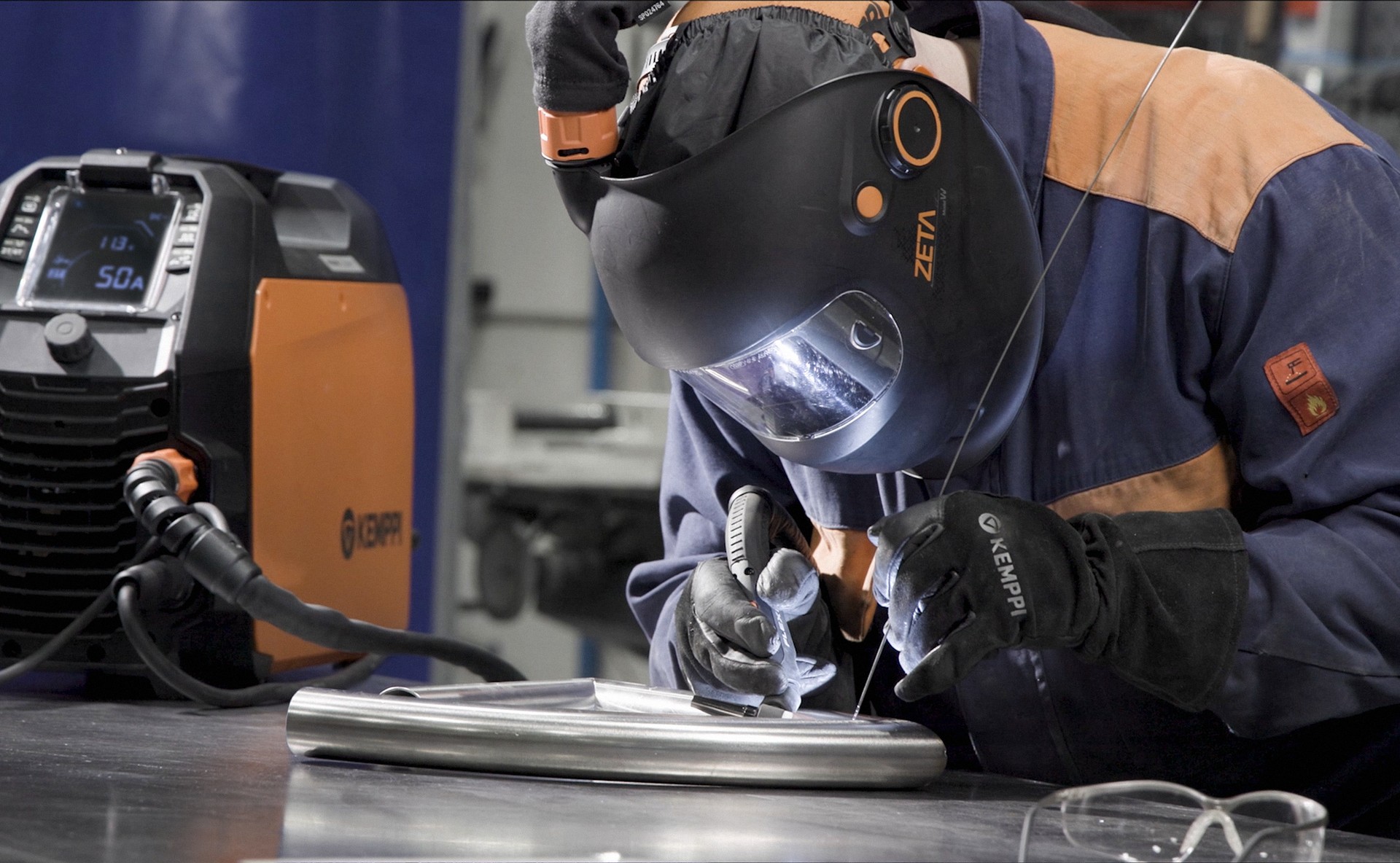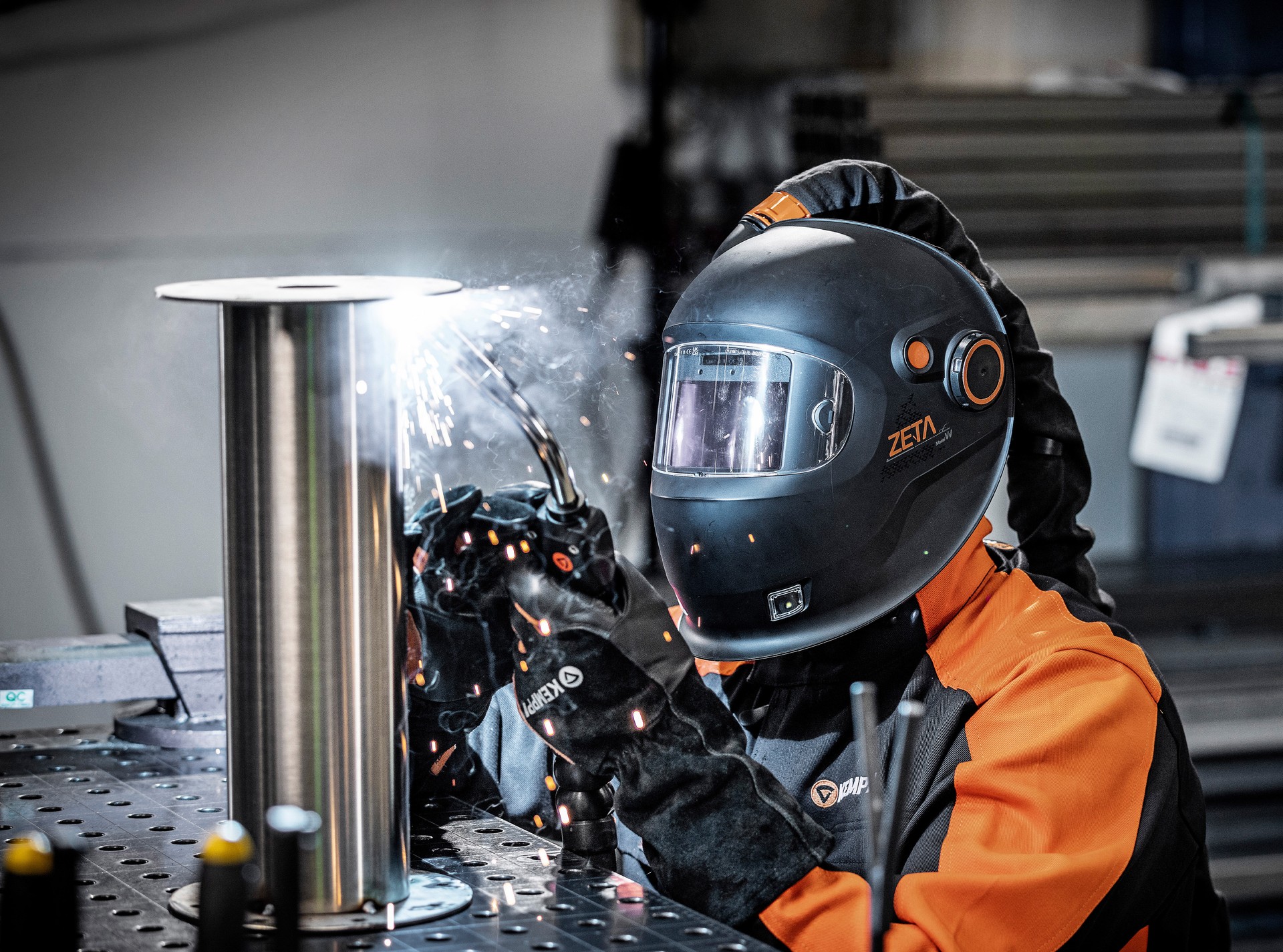
Fundamentos de soldadura
What is pulsed MIG welding, and for what you can use it?
26 de febrero de 2024
Pulsed MIG/MAG welding is a significant improvement in welding technology, offering accuracy, productivity, and flexibility that conventional welding methods can hardly compete with. This advanced process has become popular for professionals looking to improve weld quality, especially in demanding applications. Here's a closer look at how pulsed MIG/MAG welding works and the situations where it truly shines.
Susanna Norja
Understanding pulsed MIG/MAG welding
Pulsed MIG/MAG welding is an advanced variant of MIG (Metal Inert Gas) or MAG (Metal Active Gas) welding that changes the welding current at set intervals, producing a series of high-peak currents mixed with lower background currents. This controlled pulsing action allows transferring single droplets of molten metal from the electrode to the weld pool during the high-peak phase while maintaining the arc and minimizing heat input during the lower background phase. Later in this article, we will only use the term MIG welding, but we will refer to both MIG and MAG welding.
How pulsed MIG welding works
The output current alternates between high and low values for each pulse. This alternating current creates an arc that switches between hot and warm phases during welding. The high current melts the filler wire into the weld pool. The low current phase is where the magic happens. It prevents burn-through and deformation by minimizing heat input. Imagine it as a dance: hot steps for penetration, followed by gentle steps to avoid overheating.
Advantages of pulsed MIG welding
Say goodbye to post-weld cleanup nightmares. Pulsed MIG welding gives welders greater control over the weld bead profile, penetration, and overall aesthetics. It is ideal for welding, where managing the weld pool and heat input is critical.
This method significantly reduces spatter and allows welding at lower overall heat inputs. The result is a cleaner weld area and minimized risk of welding deformation and distortion, which is particularly beneficial for thin and heat-sensitive materials or complex shapes.
When do you need pulsed MIG welding
Welding thin materials
The pulsed MIG welding process is ideal for working with thin materials because of its low heat input characteristic, which reduces the risk of burn-through and distortion. However, various short arc welding processes are often the best option for welding very thin steels.
Welding Aluminum and Stainless Steel
This is why it's also an excellent welding method for Aluminum and Stainless Steel. You can prevent issues like cracking or distortion by having precise control and lower heat input.
When you need high aesthetic results
When the application requires high aesthetic standards, pulsed MIG welding can produce clean, visually appealing beads with minimal cleanup required.
When you want to improve throughput time
The reduction in spatter improves the weld's quality and decreases post-weld cleanup time, enhancing overall productivity.
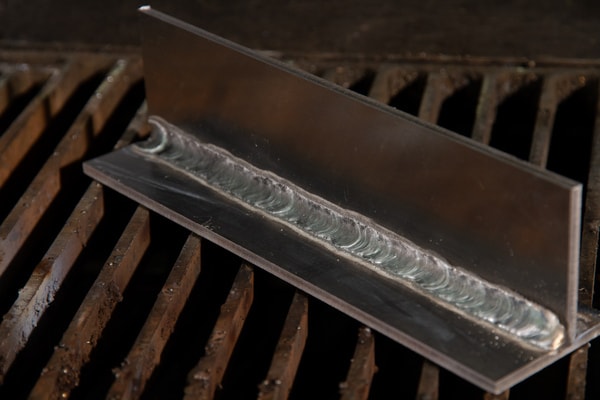
AlMg5-4mm-AlMg5-1.2mm-Argon
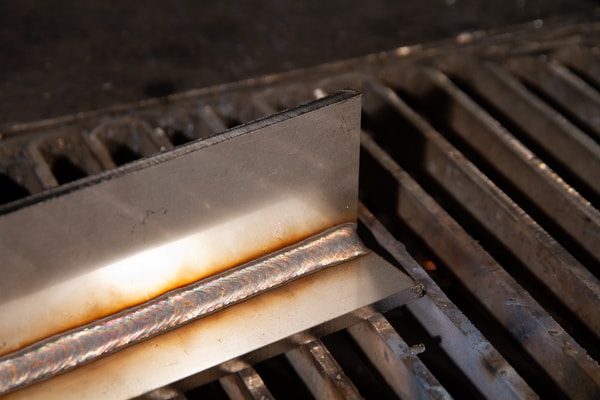
316RST-5mm-316LSi-1.0mm-Ar+2%co²
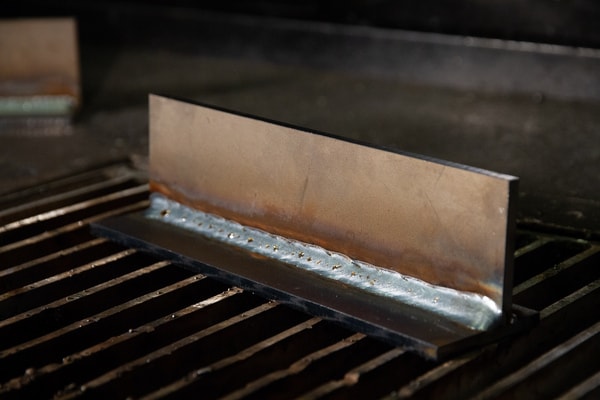
Fe-5mm-fe-1.0mm-Ar+18%co²
Conclusion
Pulsed MIG welding is an advanced technique that combines the advantages of standard MIG welding with better control over heat input and metal transfer. It can lower spatter, reduce distortion, and provide superior control, making it a valuable tool for any welder, especially for applications that need accuracy and skill. Pulsed MIG welding is a technique that can elevate the quality of your welding projects to new heights.
Discover Kemppi's handy single-phase pulse MIG welding machine >>> Master M 205

Susanna Norja
Susanna Norja
Editor-in-chief of the Welding Value blog, content producer and Social Media Manager at Kemppi until March 2024.
